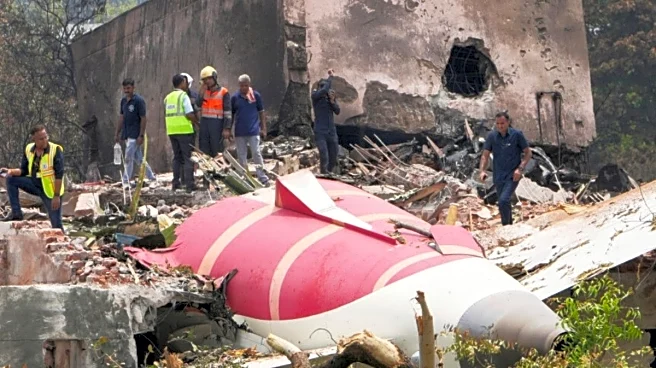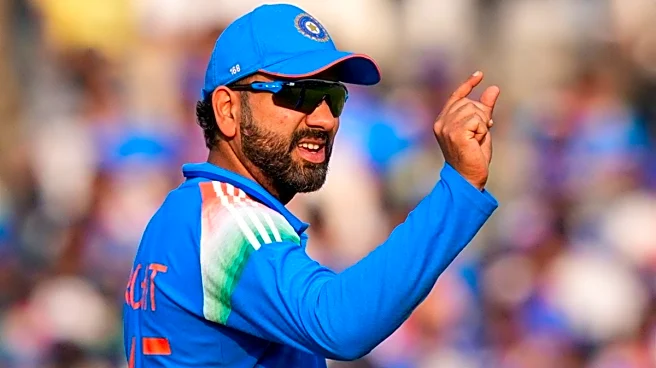What is the story about?

Did
you know that pneumonia is one of the most common yet serious lung infections in children? It deserves far more attention than a routine cough or cold. As Dr. Mounnish Balaji (Consultant Pediatric Pulmonologist, Allergy & Sleep Specialist at Ankura Hospital for Women & Child in Pune) points out: “In young children, what starts as a seemingly mild cough can escalate rapidly into a lung-infection that requires urgent care.”
What is pneumonia and why are children vulnerable?
Pneumonia is a lung infection in which the tiny air-sacs (alveoli) become inflamed and fill with fluid or pus, making breathing harder and reducing oxygen intake. In children under 5 especially, the immune system is still developing and lungs are smaller, so they’re more vulnerable to bacteria, viruses or fungi. Dr Balaji adds: “Children’s respiratory systems are in a state of growth, so even common infections like cough and cold must be monitored with care.”Why it could be more than a cold
Many parents assume a persistent cough is ‘just a cold’. But while common colds typically resolve in a week or so, pneumonia shows more alarming signs: high or persistent fever, breathing troubles, bluish fingernails or lips, fatigue, and refusal to eat. According to Indian clinical guidelines: if a child’s breathing rate is elevated or chest wall indrawing (skin pulling in between ribs) is visible, there is strong suspicion of pneumonia rather than just a viral cold.Parents: watch for these warning signs
Here are key symptoms you should not ignore:- Persistent cough: A cough that lasts several days, worsens or brings up phlegm may indicate lung involvement rather than a simple cold.
- Breathing problems: Rapid breathing, visible effort (e.g., nostrils flaring, chest pulling in) are strong red flags.
- Fever and chills: A high fever that does not subside or keeps recurring suggests infection deeper down in the lungs.
- Weakness or tiredness: If your child is unusually lethargic, irritable or less active, it could reflect the body fighting a serious infection.
- Bluish lips or fingertips: This is a critical warning of low oxygen; immediate medical attention is needed.
- Poor appetite or vomiting: Children with pneumonia may refuse food, vomit frequently or show feeding difficulties.
/images/ppid_a911dc6a-image-176293883158179586.webp)















